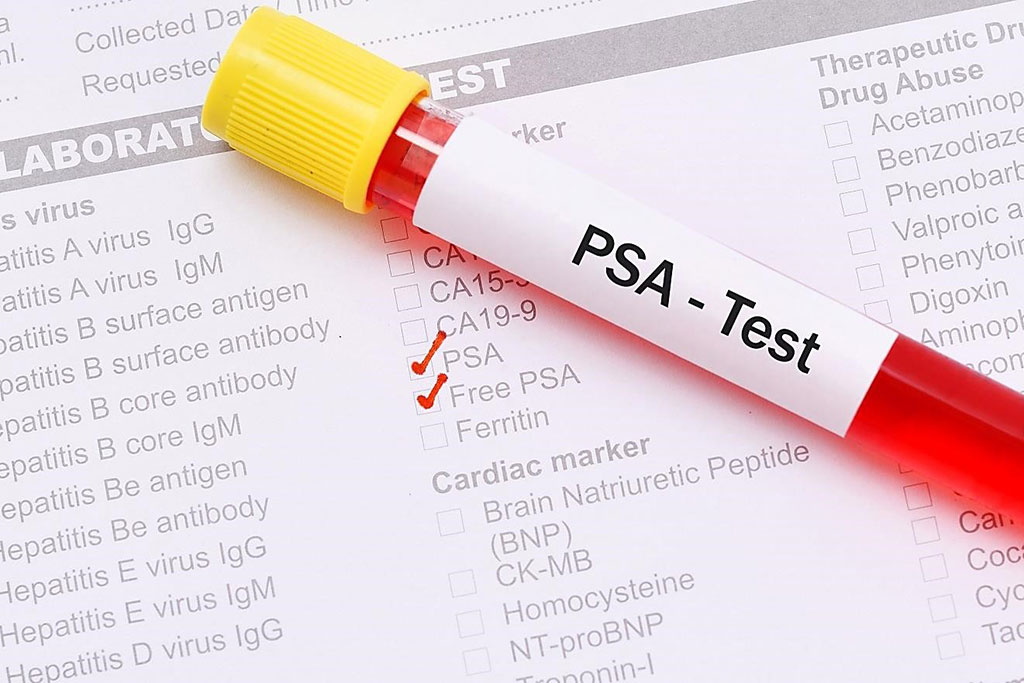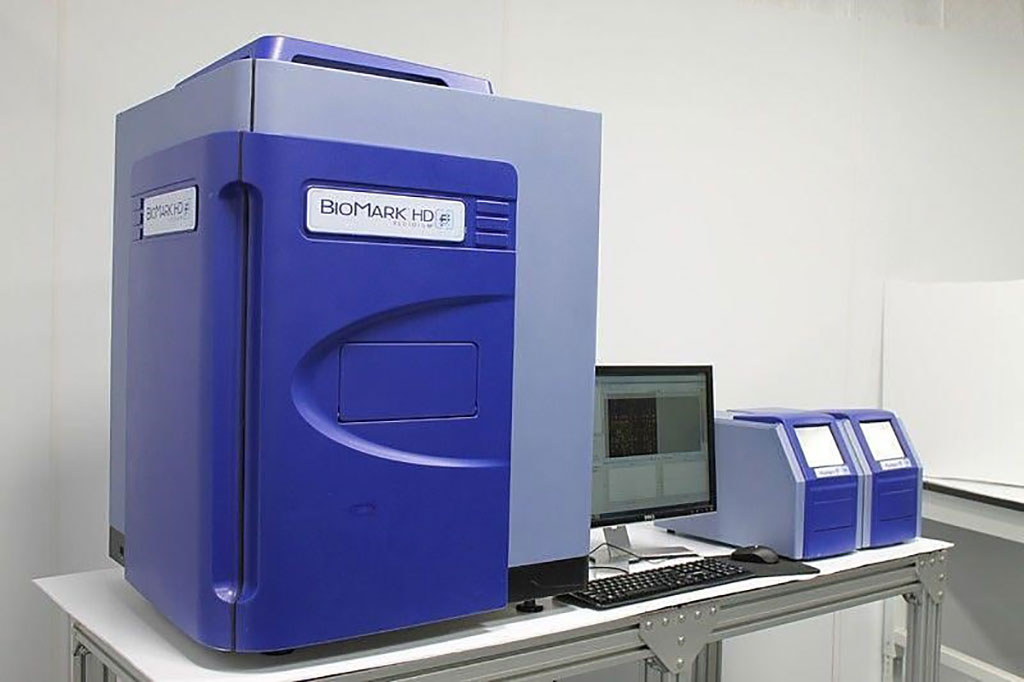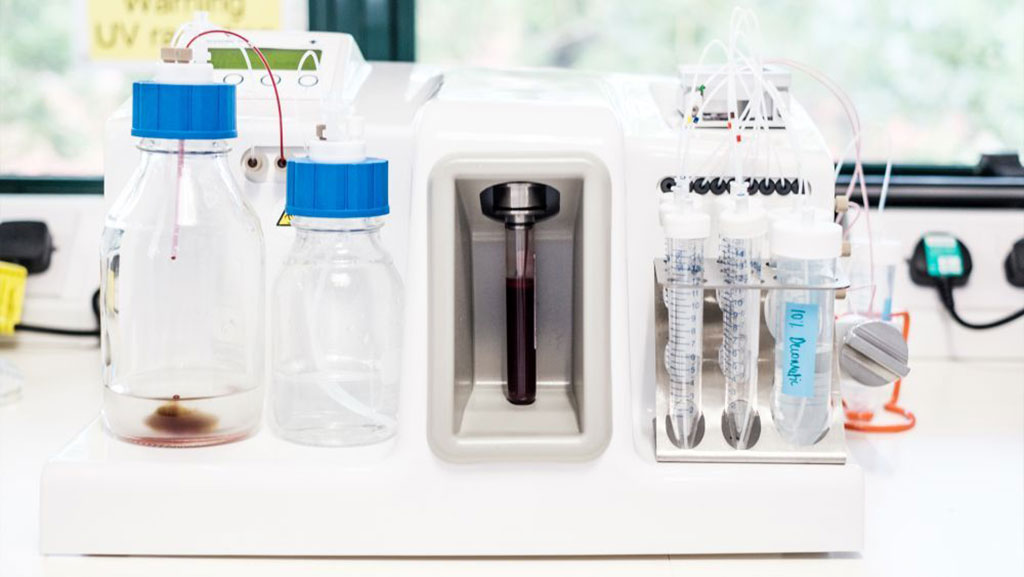Molecular Diagnostics

Men with Certain Pathogenic Variants Had a Higher Incidence of Prostate Cancer
Prostate cancer is one of the major causes of morbidity and mortality in men worldwide. The importance of germline genetic variation for identifying men at increased risk of prostate cancer to enable targeted screening and early detection has become increasingly recognized. More...17 Nov 2021


MGI Tech Showcases World-First High-Throughput Automated Sample Transfer Processing System at MEDICA 2021
MGI Tech Co., Ltd. (Shenzhen, China) showcased some of its latest laboratory automation systems for sample transfer, sample extraction and library preparation, including the world’s first high-throughput automated sample transfer processing system, at MEDICA 2021. More...17 Nov 2021

Biomarkers Associated with Major Bleeding in Patients with Atrial Fibrillation
Atrial fibrillation (AF) is associated with a five-fold increased risk of thromboembolisms, mainly stroke, independently of other risk factors. Accurate assessment to balance the risk of stroke and systemic embolic events (S/SEE), against the risk of major bleeding is therefore an important therapeutic goal in the clinical management of these patients. More...16 Nov 2021



In Other News
Greiner Bio-One Exhibits Its New Generation of Sapphire Pipette Tips at MEDICA 2021
LumiraDx Presents its Innovative, Next Generation Point of Care Diagnostics Platform at MEDICA 2021
Medix Biochemica Celebrates Launch of New Molecular Diagnostic Reagents Division at MEDICA 2021
Fujirebio Highlights Its Innovative IVD Testing Solutions for Today and Tomorrow at MEDICA 2021
Certest Showcases Range of Rapid Tests and Real Time PCR Detection Kits at MEDICA 2021
Molgen Presents Diagnostics Chemistry, Flows and Systems at MEDICA 2021
Boditech Launches New Automated Immunoassay Analyzer with Blood Collection Tube at MEDICA 2021
EKF Diagnostics Showcases STAT-Site WB β-ketone and Glucose Handheld Analyzer Live & in Person at MEDICA 2021
Precise Diagnosis of Mitochondrial Diseases Using Whole Genome Sequencing
Biovendor Group presents its CLIA, NGS, Microblot Array, microRNA and LAMP Product Lines at MEDICA 2021
Vircell Showcases Its Powerful Automation System and Immunoassay Testing Kits at MEDICA 2021
Stool Tests Rapidly Predict H. pylori Antibiotic Resistance
Genome-Wide cfDNA Analysis Detects Therapy Response in B-Cell Lymphoma
Endotoxemia Genetic Profile Reveals an Association with Thromboembolism and Stroke
Inflammatory Cytokine Levels Predict Patient Outcomes After Traumatic Injury
New Biomarker Improves Definition of Medulloblastoma Risk
Seegene Launches STARlet-AIOS All-in-One System that Fulfills Critical Need for Fully Automated, High-Throughput Real-Time PCR Testing
Sibling Cascade Testing More Cost Effective in Pediatric Cancer
A Liquid Biopsy Approach for Predicting Likely Relapse Following Treatment of Medulloblastoma in Children
Gene Expression Test Improves Idiopathic Pulmonary Fibrosis Diagnosis
Cyclic Adenosine Monophosphate (cAMP) May Be a Diagnostic Biomarker for Chronic Respiratory Diseases
Bio-Rad Launches New CFX Opus Dx Real-Time PCR Detection Systems for In Vitro Diagnostics
New Method Promises Rapid Isolation of Biomarker-Rich Extracellular Vesicles
Genetic Testing channel of LabMedica brings the latest in molecular genetics, cytogenetics, and epigenetics, and methods from PCR to FISH, and more.










